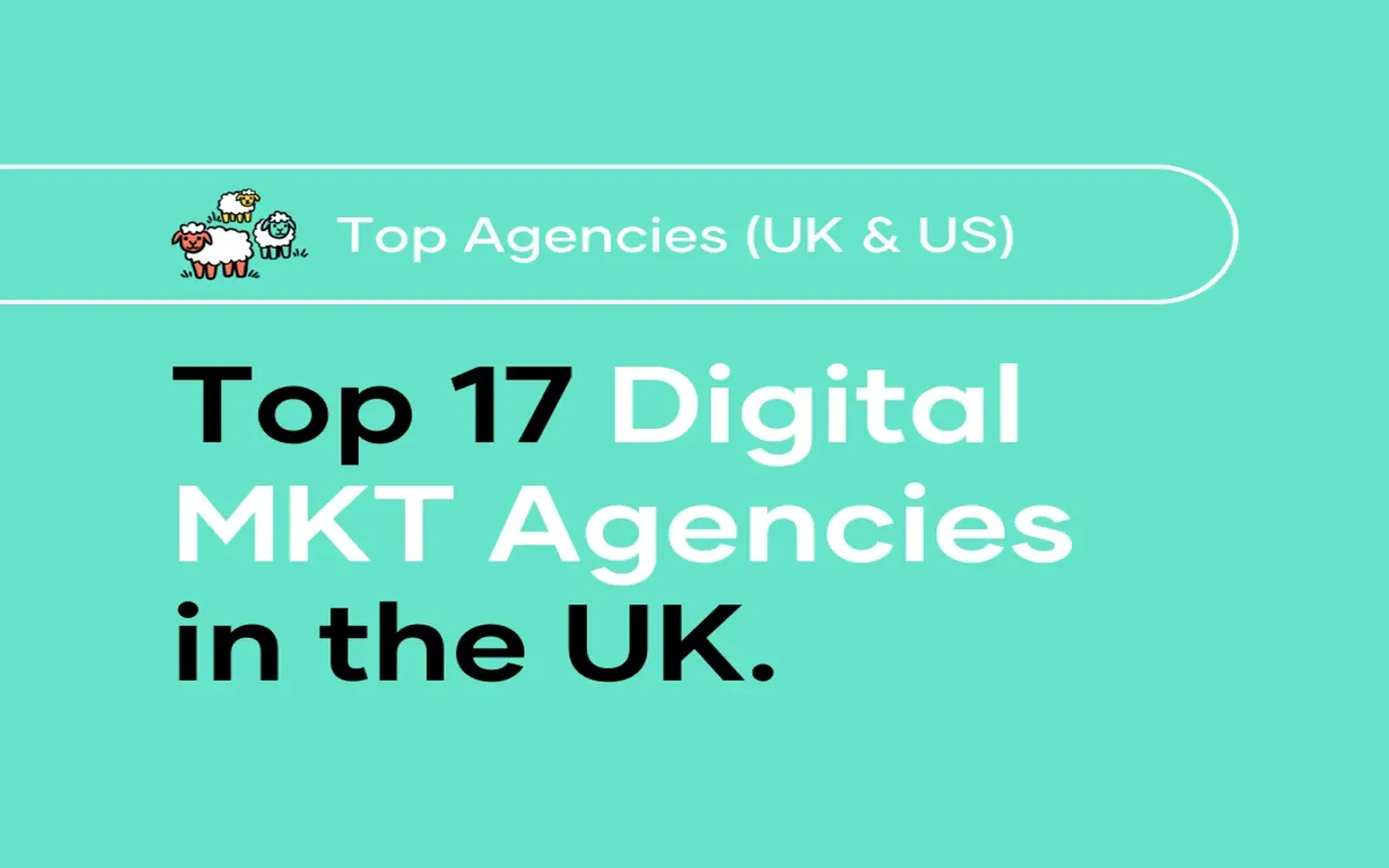Navigating AI Governance in 2025: Strategies for Ethical and Responsible AI Development
Introduction
As we find ourselves in the year 2025, the rapid advancement of artificial intelligence (AI) technologies has brought about new opportunities and challenges that require careful governance. The integration of AI into various sectors, from healthcare to finance, has the potential to transform industries and enhance productivity. However, this progress also raises ethical concerns and societal implications that must be addressed. Navigating AI governance in 2025 necessitates a strategic approach that prioritizes ethical and responsible AI development. This article explores effective strategies for ensuring that AI technologies are developed and deployed in ways that are beneficial, equitable, and aligned with human values.
The Landscape of AI Governance in 2025
The landscape of AI governance in 2025 is characterized by a complex interplay of regulatory frameworks, industry standards, and public expectations. Governments around the world are increasingly recognizing the need to establish guidelines that promote responsible AI use. In many jurisdictions, legislation is being crafted to address issues such as data privacy, algorithmic bias, and accountability. Additionally, international organizations and coalitions are forming to set global standards for AI ethics and safety.
In this context, organizations developing AI technologies must navigate a maze of regulations while responding to growing public concerns about the impact of AI on society. Stakeholders—ranging from policymakers and industry leaders to researchers and civil society—are calling for transparency, fairness, and inclusivity in AI systems. Therefore, effective governance frameworks must be established to ensure that AI development aligns with societal values and ethical principles.
Strategies for Ethical AI Development
To foster ethical and responsible AI development, organizations can adopt several key strategies that encompass a holistic approach to governance. These strategies include stakeholder engagement, transparency, accountability, and continuous ethical evaluation.
1. Engaging Stakeholders
Engaging a diverse range of stakeholders is crucial for understanding the multifaceted implications of AI technologies. Organizations should actively involve communities, ethicists, policymakers, and industry experts in the development and deployment of AI systems. This engagement helps to identify potential risks and concerns early in the process and ensures that diverse perspectives are considered.
Workshops, public forums, and collaborative initiatives can facilitate dialogue between stakeholders and AI developers. Through these interactions, organizations can gain insights into societal values and expectations, which can inform the design of AI systems that are more aligned with public interests.
2. Ensuring Transparency
Transparency is a cornerstone of ethical AI governance. Organizations should strive to make their AI systems more understandable to users and stakeholders. This includes providing clear information about how AI algorithms work, the data they use, and the decision-making processes involved.
Transparent practices can also mitigate concerns related to algorithmic bias and discrimination. By openly sharing data sources and methodologies, organizations can enable external audits and independent reviews of their AI systems. This transparency fosters trust among users and helps to ensure that AI technologies are developed in ways that prioritize fairness and inclusivity.
3. Establishing Accountability Mechanisms
Accountability is essential for responsible AI development. Organizations must establish clear lines of responsibility for the outcomes of their AI systems. This includes defining roles and responsibilities for AI developers, data scientists, and decision-makers within the organization.
Implementing mechanisms for accountability, such as internal review boards or ethics committees, can provide oversight and guidance throughout the AI development process. Additionally, organizations should consider creating external accountability frameworks that allow for public scrutiny and feedback. This can help hold organizations accountable for the ethical implications of their AI technologies.
4. Continuous Ethical Evaluation
The ethical landscape surrounding AI is constantly evolving, necessitating ongoing evaluation of AI systems. Organizations should implement processes for continuous ethical assessment, ensuring that AI technologies remain aligned with societal values and ethical principles over time.
This can involve regular audits of AI algorithms, user feedback mechanisms, and impact assessments to identify unintended consequences. By proactively addressing ethical challenges and adapting to changing societal norms, organizations can enhance the sustainability and acceptance of their AI technologies.
Building a Culture of Ethical AI
To effectively navigate AI governance, organizations must cultivate a culture of ethical AI development that permeates all levels of the organization. This culture should prioritize ethical decision-making, encourage open dialogue about ethical implications, and empower employees to raise concerns without fear of reprisal.
Training programs and workshops focused on AI ethics can help employees understand the importance of responsible AI development and equip them with the tools to identify and address ethical challenges. By fostering a culture that values ethics, organizations can create an environment where responsible AI practices are at the forefront of innovation.
The Role of Technology in AI Governance
In 2025, technology itself plays a pivotal role in enhancing AI governance. Emerging tools and methodologies can facilitate ethical AI development and enable organizations to navigate complex governance challenges more effectively.
1. Utilizing AI for AI Governance
Interestingly, AI technologies can be employed to enhance governance practices. For example, AI-driven analytics can help organizations identify patterns of bias in their algorithms and flag potential ethical concerns. Machine learning models can analyze vast datasets to assess the impact of AI systems on different demographics, enabling organizations to make data-informed decisions regarding fairness and equity.
Furthermore, AI can assist in automating compliance monitoring, ensuring that organizations adhere to relevant regulations and ethical standards. By leveraging AI in governance processes, organizations can enhance their ability to manage risks and uphold ethical principles effectively.
2. Embracing Blockchain for Transparency
Blockchain technology offers promising solutions for enhancing transparency and accountability in AI governance. By recording AI model training processes, data provenance, and decision-making logs on a tamper-proof ledger, organizations can provide a transparent view of their AI systems.
This transparency can help build trust among users and stakeholders, as they can verify the integrity of the AI systems they interact with. Moreover, blockchain can facilitate decentralized governance models, empowering users to participate in decision-making processes related to AI technologies.
The Global Perspective on AI Governance
As AI technologies continue to transcend borders, effective governance must also adopt a global perspective. Collaboration among nations, international organizations, and industry stakeholders is essential to address the ethical challenges posed by AI on a global scale.
1. International Cooperation
In 2025, international cooperation is vital for establishing common standards and frameworks for AI governance. Countries must work together to share best practices, develop harmonized regulations, and address cross-border challenges related to AI deployment.
Global forums, conferences, and collaborative initiatives can facilitate dialogue among nations and promote the exchange of knowledge. By fostering international cooperation, countries can collectively navigate the ethical landscape of AI and ensure that its development is aligned with shared human values.
2. Learning from Global Case Studies
Examining global case studies of AI governance can provide valuable insights for organizations navigating ethical challenges. By studying successful initiatives and lessons learned from various countries, organizations can adopt best practices and tailor their governance strategies to suit their specific contexts.
Case studies can highlight innovative approaches to addressing algorithmic bias, data privacy, and accountability, serving as a source of inspiration for organizations striving to develop responsible AI technologies.
Conclusion
As we navigate the complexities of AI governance in 2025, it is imperative that organizations prioritize ethical and responsible AI development. By engaging stakeholders, ensuring transparency, establishing accountability mechanisms, and fostering a culture of ethical AI, organizations can contribute to the development of AI technologies that align with societal values and promote positive outcomes.
Furthermore, leveraging technology for governance and embracing international cooperation will enhance organizations' ability to address the ethical challenges posed by AI. Ultimately, the future of AI governance hinges on our collective commitment to navigating this landscape with integrity, responsibility, and a dedication to the common good.
Explore

Navigating Data Protection in 2025: Essential Strategies for Businesses to Safeguard Sensitive Information

Top Software Development Companies to Watch in 2025: Innovations and Trends Shaping the Future

Top Social Media Marketing Companies to Watch in 2025: Trends, Strategies, and Success Stories

2025 Advances in Psoriasis Treatment: Cutting-Edge Therapies and Effective Management Strategies

Sell Your House Fast in 2025: Proven Strategies to Get Top Dollar Quickly

Top Trends for High Net Worth Financial Advisors in 2025: Strategies for Success

2025 Guide to Personal Loans for Debt Consolidation: Smart Strategies for Financial Freedom

Navigating Medical Loans in 2025: A Comprehensive Guide to Financing Your Healthcare Needs
